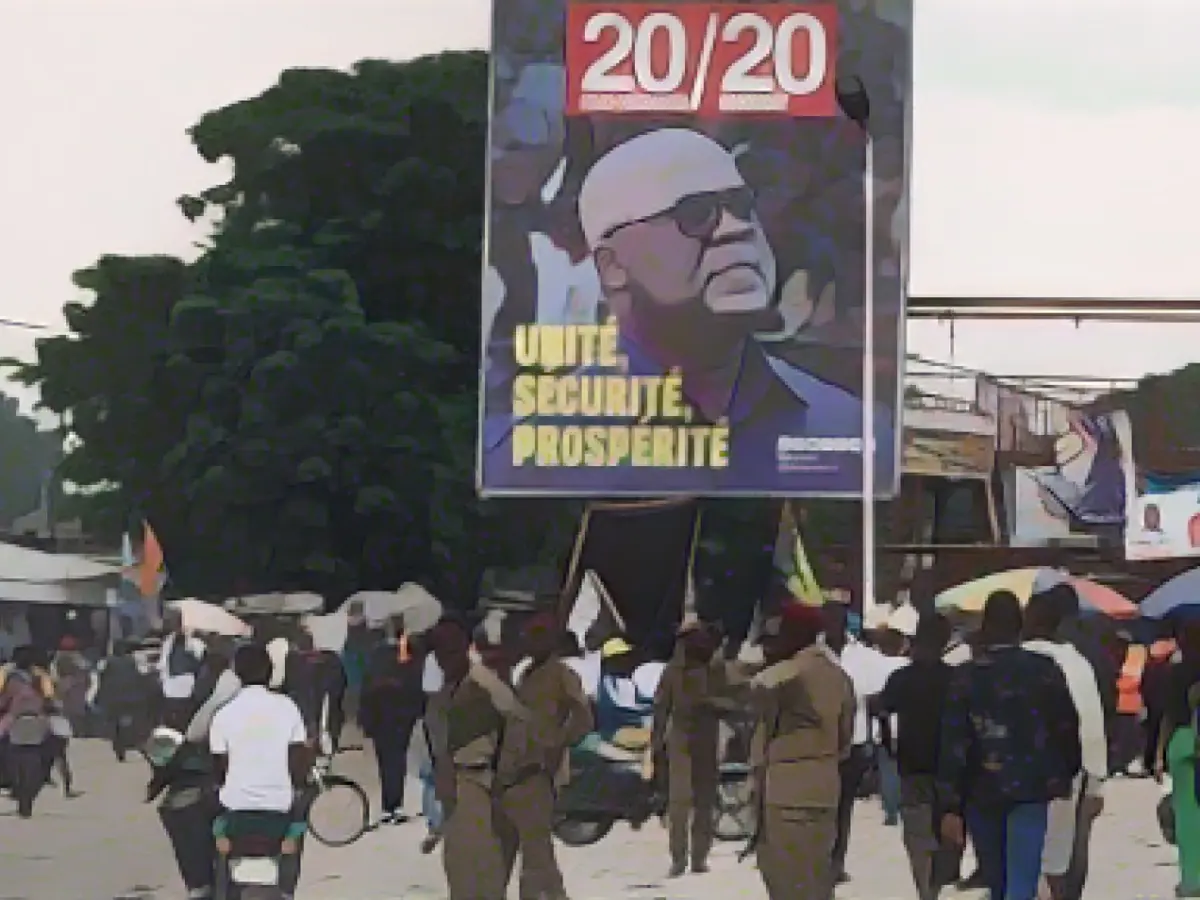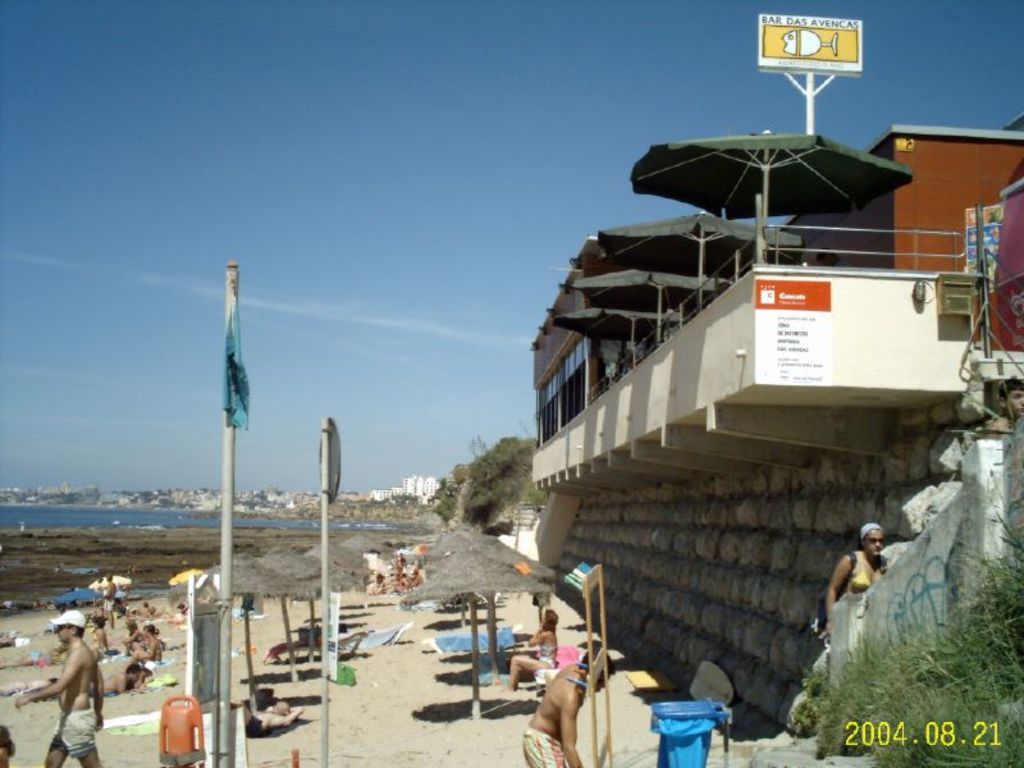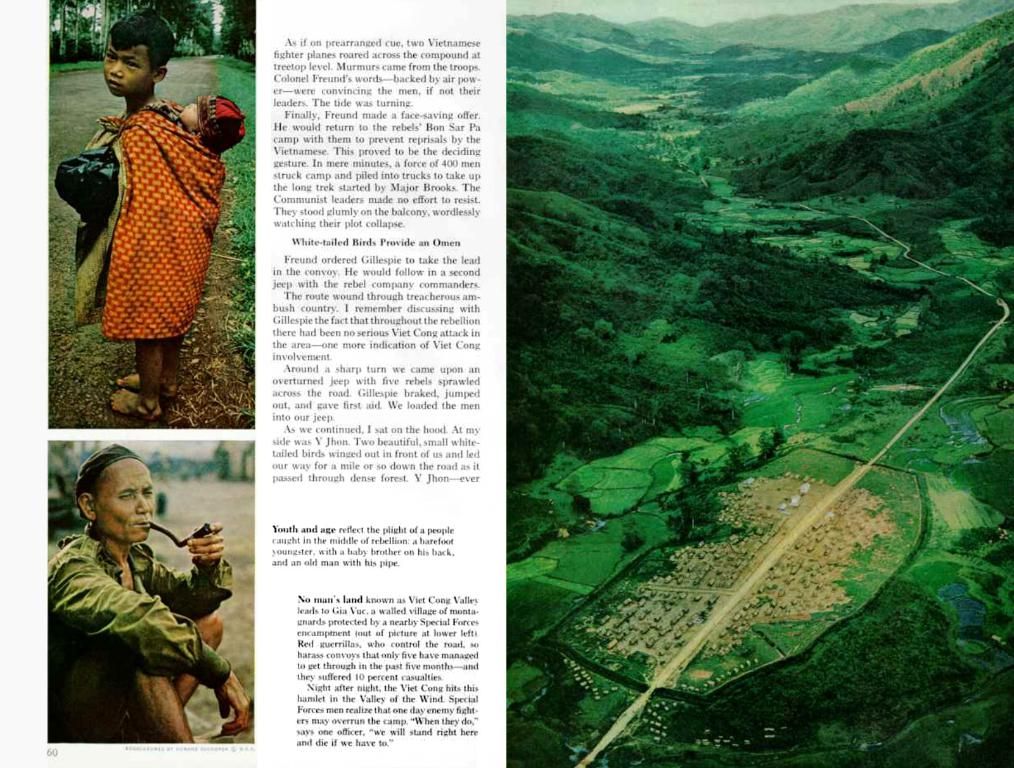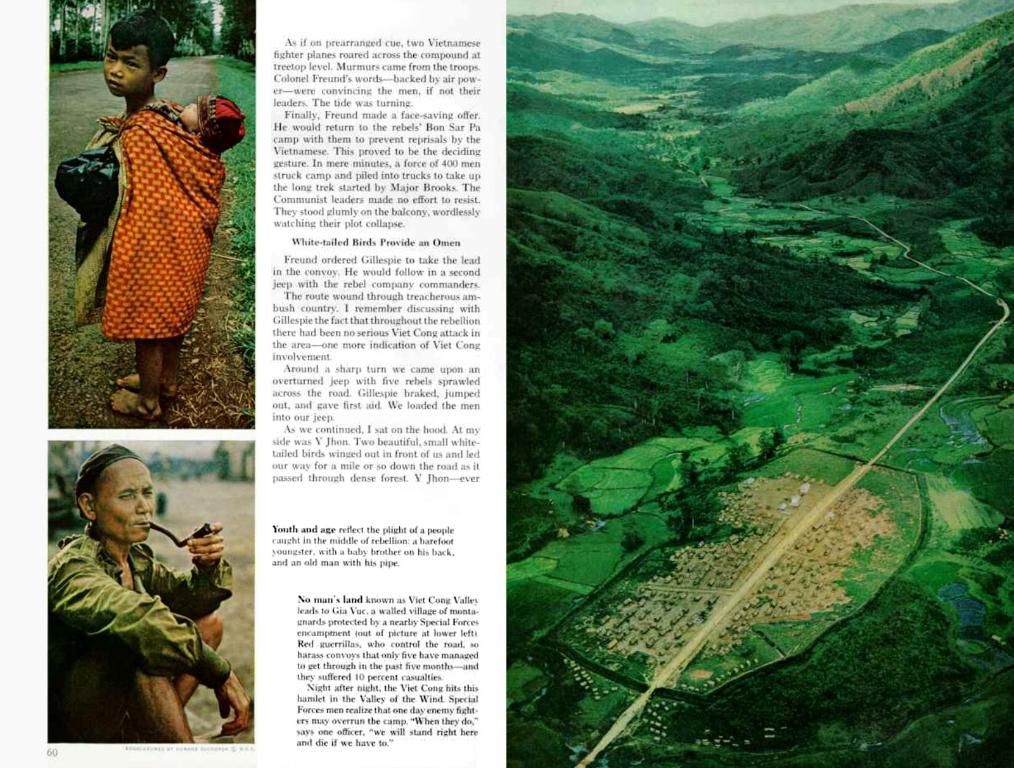The Democratic Republic of Congo (DRC) is casting ballots today for a new president, with incumbent and pro-Western leader Félix Tshisekedi holding a strong lead. His advantage stems from the opposition's failure to unify behind a single candidate. This election takes place in a nation boasting a 100 million-strong populace, making it the second-largest in Africa, and home to an abundance of vital natural resources such as cobalt and coltan.
However, the elections are not without their complications. Ongoing violence in the eastern part of the Congo, home to resource-rich conflict zones, has put a shadow over the process. The nation, larger than Western Europe, will also elect members of the National Assembly in Kinshasa and regional representatives, including those for provincial parliaments and local councils.
Despite its wealth, Congo is plagued by high rates of poverty. The mineral wealth is often found in conflict zones, exacerbating the nation's challenges. The country is also home to the second-largest rainforest on the planet, playing an essential role in global climate dynamics.
Tshisekedi was first elected in 2018, his victory earning him the title of the nation's first democratically elected president in its history. Still, his tenure has been controversial, and he faces criticism for his handling of the conflict in the eastern Congo. Opposition parties accuse him of failing to improve security in the war-torn region.
Tshisekedi's most prominent opponents include businessman Moise Katumbi and Nobel Peace Prize laureate Denis Mukwege. Both leaders face challenges to securing a win, highlighting the complex political landscape in the Democratic Republic of Congo.
Violence has marred the election campaign in Kinshasa, leading experts like Jakob Kerstan from the Konrad Adenauer Foundation to voice concerns about the elections. The International Crisis Group's Richard Moncrieff sees the elections "on a knife's edge," highlighting concerns about the distribution of voting material and potential shortages at polling stations.
- The opposition's failure to agree on a single candidate has given incumbent Félix Tshisekedi an advantage in the Democratic Republic of Congo's presidential elections.
- The German government has expressed its intent to strengthen its relationship with the Democratic Republic of Congo's new government led by President Félix Tshisekedi, following his controversial election victory in 2018.
- The Democratic Republic of Congo, boasting a 100 million-strong population, is the second-largest country in Africa and home to abundant natural resources like cobalt and coltan, essential for electronic devices.
- President Félix Tshisekedi is criticized for his handling of the conflict in eastern Congo, a region plagued by the proliferation of armed groups and suffering from widespread displacement and humanitarian crises. [Sources: stern.de]
Enrichment Insights
Security Challenges
- Conflict and Armed Groups: The DRC is home to numerous armed groups, including the Rwanda-backed M23 rebel group which seized control of Goma, a major city in the eastern part of the country. This has led to significant displacement and humanitarian crises, with over 1.5 million people trapped in Goma and millions more displaced across the region.
- Weak Government and Military: The Congolese government, led by President Félix Tshisekedi, is weak and predatory. The security forces are often ineffective and have been complicit in harassment of local populations. This weakness has contributed to the proliferation of armed groups and the ongoing conflict.
Opposition and Electoral Integrity
- Electoral Integrity: Concerns over the integrity of the 2023 elections in the DRC remain, following a lack of trust in the process. Fear of manipulation to ensure the incumbent's victory could have triggered a political crisis and exacerbated violence.
- Opposition Unity: The opposition parties seemingly unified around a shared program of reform after civil society's platform, but the opposition's unity remains a challenge. Genuine competition at the polls has yet to be fully established.
Poverty and Humanitarian Crisis
- Poverty and Food Insecurity: The DRC is one of the poorest countries in the world, with most people living on less than $2.15 a day. The country faces severe food insecurity, with over 23.4 million people acutely food insecure. Approximately 3.9 million children and pregnant/breastfeeding women are acutely malnourished, and another 2.8 million children are subject to severe acute malnutrition.
- Health and Education: The country struggles with poor health indicators and lack of access to basic services like education and health. COVID-19, cholera, and Ebola further exacerbate the health challenges in provinces like North Kivu, South Kivu, and Ituri.








